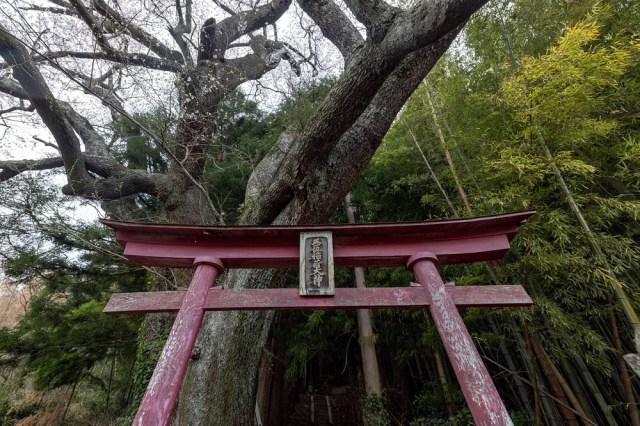
The way it looks, sounds, and smells all have people paying attention to this amazing display of the force of nature.
Because of how many Shinto shrines Japan has, sometime they sort of blend into a town’s visual background, so to speak. That’s especially true in rural communities where traditional architecture and a surrounding grove of trees don’t look at all out of place, and so for most of the year Iinari Shrine, in the town of Oshamambe, Hokkaido Prefecture, doesn’t attract a whole lot of attention.
An annual exception, though, comes every August, when the shrine holds its annual summer festival and procession. That event was scheduled for August 9 this year, but Iinari found itself in the spotlight a day earlier when a gigantic geyser burst out from the middle of the shrine grounds’ forest!
The stream of water shot more than 30 meters (98.4 feet) into the air, and it’s not just the sight that’s incredible, but the sound too. Water can’t spray that high without some serious velocity, and the geyser produced a steady roar as it sprayed the underside of the surrounding leaves and branches on its way up.
While such a sudden and forceful show of the power of nature might seem like a divine omen, especially coming just one day before the shrine’s festival, there’s a pretty likely scientific explanation for what’s going on. While not boiling hot, the water from the geyser is about 20 degrees Celsius (68 degrees Fahrenheit) , which is considerably warmer than what you’d find in a lake or river. The geyser also has a sulfur-like aroma and a gray tint, and collected samples of the water also contain sediment. Although it’s unclear whether the mineral substances are present at the source or were acquired in the act of clearing the surface, taken as a whole, and accounting for Japan’s high level of geothermal activity, it sure sounds like there’s a hot spring hidden underneath the shrine grounds, though researchers have yet to make a definitive statement to that effect as they continue to study the geyser and its water.
▼ For those unaccustomed to metric measurements, the approximately 30-meter height of the geyser is roughly 1.5 Gundams tall.
The geyser began spurting at around 5 p.m. on the evening of August 8, but you’ll notice that all of the images seen here were captured during daylight hours. That’s because the spray was still in full force the next day, even as the festival took place, as seen in the video here.
A similar incident occurred in the forest in 1961, taking at least two days for the geyser to subside. Per the most recent on-site reports of this writing, the spray was continuing, just as strong, two days later, on August 10, but thankfully no damage has been reported.
Source: NHK News Web, STV News (1, 2) via Yahoo! Japan News, Hokkaido TV Broadcasting, YouTube/HBCニュース 北海道放送
Top image: Pakutaso
● Want to hear about SoraNews24’s latest articles as soon as they’re published? Follow us on Facebook and Twitter!